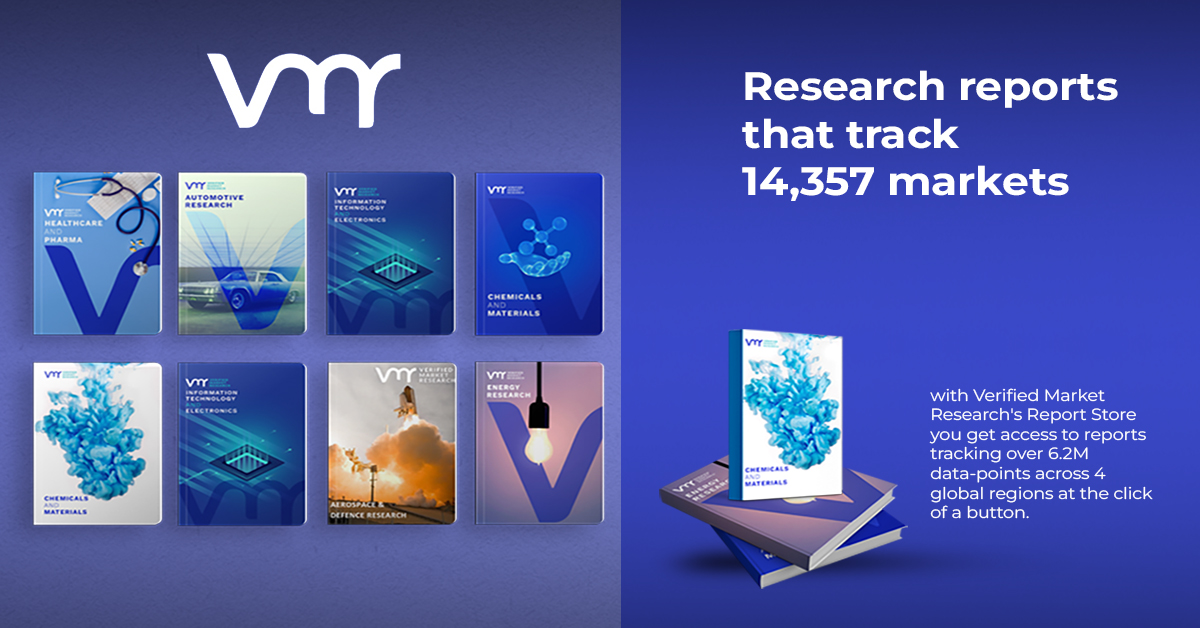Unlocking Efficiency: The Latest Developments in the Company Secretarial Software Market
In today’s fast-paced corporate environment, effective management of compliance and governance is more critical than ever. The company secretarial software market has seen significant innovations, driven by advancements in technology and evolving regulatory demands. This article explores the latest developments in this market, highlighting key trends, emerging technologies, and what businesses should look for when considering these solutions.
Understanding Company Secretarial Software
Company secretarial software is designed to help businesses manage their compliance obligations, streamline corporate governance processes, and maintain accurate records. This software is crucial for ensuring that companies adhere to legal requirements and best practices, minimizing the risk of non-compliance, which can lead to hefty fines and reputational damage.
The Growing Importance of Company Secretarial Software
As businesses expand globally, the complexity of legal compliance increases. Companies must navigate diverse regulatory environments, which can be overwhelming without the right tools. According to a recent report, the global company secretarial software market is projected to grow at a CAGR of 10.5% from 2023 to 2030. This growth is attributed to the increasing demand for automated compliance solutions and the need for transparency in corporate governance.
Key Developments in the Market
1. Integration with Other Business Tools
One of the most significant trends in the company secretarial software market is the integration of these tools with other business systems. Companies are increasingly looking for software that can seamlessly connect with existing solutions, such as accounting software, HR management systems, and document management platforms. This integration not only enhances workflow efficiency but also provides a holistic view of the organization’s compliance landscape.
Benefits of Integration:
- Improved Data Accuracy: Reduces the risk of errors by ensuring that information is updated across all platforms.
- Time Savings: Streamlines processes by eliminating the need for manual data entry.
- Enhanced Decision-Making: Provides comprehensive insights that support informed strategic decisions.
2. Rise of Cloud-Based Solutions
Cloud technology has transformed the way businesses operate, and the company secretarial software market is no exception. Cloud-based solutions offer flexibility, scalability, and cost-effectiveness, making them attractive to businesses of all sizes. This shift allows companies to access their compliance tools from anywhere, facilitating remote work and collaboration.
Key Advantages of Cloud-Based Software:
- Accessibility: Users can access software from any device with an internet connection.
- Automatic Updates: Providers can roll out updates seamlessly, ensuring users have the latest features and compliance tools.
- Cost Efficiency: Reduces the need for extensive IT infrastructure and support.
3. Enhanced User Experience Through AI and Automation
Artificial Intelligence (AI) and automation are increasingly being integrated into company secretarial software, enhancing user experience and operational efficiency. These technologies enable software to perform tasks such as document generation, compliance tracking, and risk assessment with minimal human intervention.
Examples of AI Applications:
- Predictive Analytics: AI can analyze historical data to predict potential compliance risks and suggest proactive measures.
- Automated Reminders: Software can automatically notify users of upcoming deadlines for filings and compliance requirements.
- Natural Language Processing (NLP): This technology allows users to interact with the software using conversational language, simplifying data entry and retrieval.
4. Regulatory Changes and Compliance Features
With the evolving regulatory landscape, company secretarial software is being updated to help organizations stay compliant with new laws and regulations. Recent changes in data protection laws, such as the General Data Protection Regulation (GDPR) and various local regulations, have prompted software developers to enhance their compliance features.
Key Compliance Features to Look For:
- Real-Time Updates: Software that automatically updates to reflect new regulatory requirements.
- Customizable Reporting: Ability to generate reports tailored to specific compliance needs.
- Audit Trails: Detailed logs of changes made within the system to support transparency and accountability.
Challenges in the Company Secretarial Software Market
Despite the advancements, there are challenges that businesses must consider when adopting company secretarial software.
1. Implementation Costs and Complexity
The initial investment for implementing company secretarial software can be substantial. Smaller organizations, in particular, may struggle with the cost of adoption and the complexity of transitioning from manual processes to automated systems. Businesses must weigh the long-term benefits against these upfront costs.
2. Data Security Concerns
As more companies move their operations to the cloud, concerns about data security have become paramount. Businesses must ensure that the software they choose has robust security measures in place to protect sensitive corporate information from breaches and unauthorized access.
3. User Adoption and Training
Implementing new software often comes with a learning curve. Companies need to invest time and resources into training their staff to use the new tools effectively. Resistance to change can also hinder adoption, making it essential to communicate the benefits of the software to all stakeholders.
Future Trends to Watch
As the company secretarial software market continues to evolve, several trends are expected to shape its future.
1. Increased Focus on Data Analytics
Businesses are increasingly recognizing the value of data analytics in driving decision-making. Future company secretarial software will likely include advanced analytics features, enabling organizations to gain insights into compliance trends and areas for improvement.
2. Growth of Mobile Applications
With the rise of remote work, mobile applications are becoming crucial for company secretarial functions. Future developments will likely focus on creating mobile-friendly platforms that allow users to manage compliance tasks on the go.
3. Enhanced Collaboration Tools
As teams become more distributed, collaboration tools within company secretarial software will become increasingly important. Features that facilitate real-time collaboration on documents, compliance tracking, and reporting will enhance teamwork and productivity.









